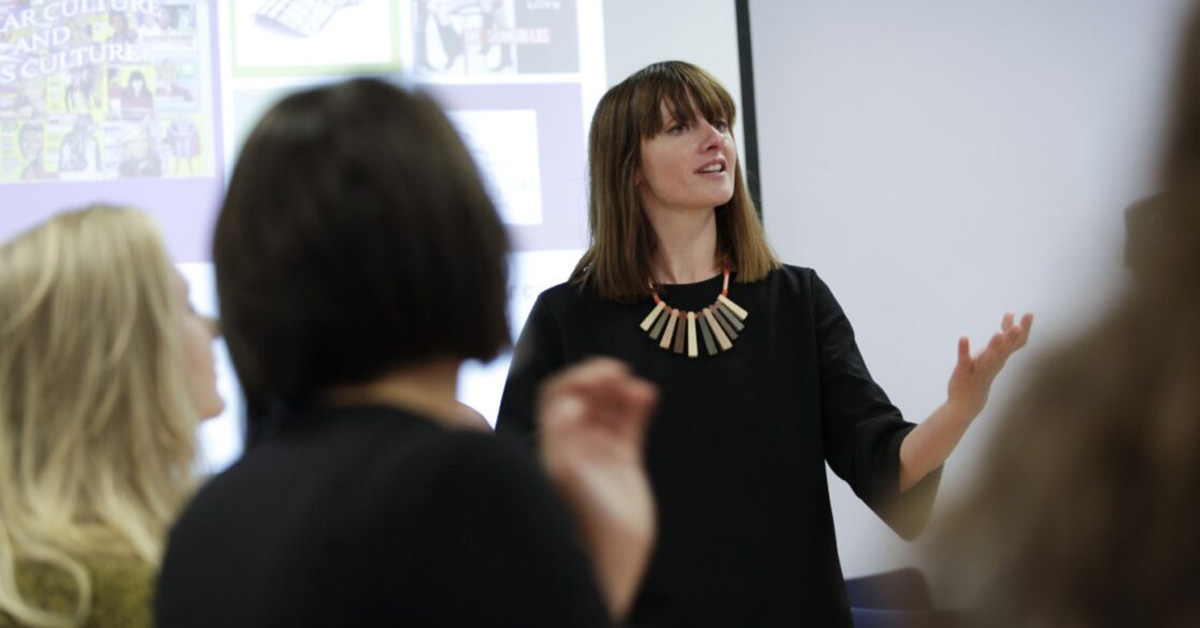Category: Essays
Kit is a third-year MA History student. In this blog, Kit discusses the courses they studied so far. I started my MA in History at the University of Edinburgh in the autumn of 2021. I am now in my 3rd year (after having to take a one year interruption of study) and looking forward […]
Student Ambassador Tess (studying Classics and English Literature, MA Hons) takes a deep dive into how to approach writing essays. I think writing essays and academic papers are probably one of the more daunting tasks you’ll have to take on as a university student. I’ve spent the last three years trying to figure out a […]
Dissertation. A big word, and often a scary one. Alfie, a Student Ambassador, looks at ways to make it slightly less intimidating. Perhaps the culmination of your time at university and exceptional (circumstances notwithstanding), also the longest piece of academic writing you will have created to date. Sounds like a lot – and let’s not […]
Everything you ever wanted to know about essays but were afraid to ask by Student Ambassador Constance. Essay writing, love it or hate it, it is the metric by which we students are measured. Figuring out your ‘style’ is something of a journey and will inevitably include some painful marks to grow as a writer. […]




